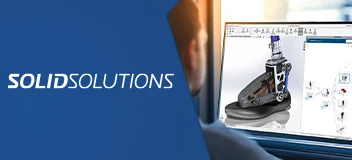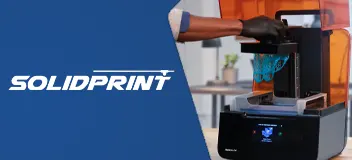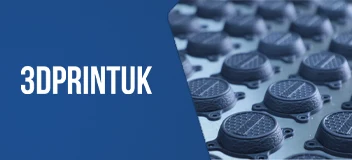CATIA V5 Fundamentals Overview
This CATIA V5 Foundation training course introduces the trainee to the fundamental concepts behind CATIA V5 (3DEXPERIENCE CATIA Mechanical and Shape Engineer) Part Design, Assembly Design and Drafting.
Suitable for the new user, self-taught engineers and users coming from other 3D CAD packages such as SOLIDWORKS
NOTE: Participants will require access to their own CATIA V5 license
CATIA V5 Fundamentals Course Requirements & Benefits
Understand the course requirements and the skills you will acquire after completing the CATIA V5 course
CATIA V5 Fundamentals Lessons
The following lessons are included in the course
Getting started with CATIA V5
As the World’s Leading Solution for product design and development, CATIA presents the unique ability to not only model any product but to do so in the context of its real-life behaviour.
Systems architects, engineers, designers, construction professionals, and all contributors can define, imagine and shape the connected world.
Used across a variety of industry sectors including aerospace, automotive, plant design and consumer goods, CATIA can be used to support all phases of the product development process, shortening development cycles to help you create products and bring them to market faster.
The training course provides best practices that enables you to become comfortable with using CATIA V5 in the shortest amount of time.
The training course includes:
- Understand the Sketcher workbench and tools/commands
- Learn to create fundamental solid features – Pad, Pocket, Hole, Shaft, Groove, Shell
- Apply Dress-Up features – Fillet, Chamfers, Drafts and Stiffeners
- Understand the need for Reference Geometry and Axis Systems
- Introduction to Reusing Data – Feature Patterns, Power Copies
- Apply materials and measure components
- Create parameters and understand the formula editor
- Understand the basics of assemblies – Building product structure, move and constrain parts
- Introduction to designing in context
- Understand the basics of drafting – creating views, dimensioning and annotating
Training Methods
Choose the training method right for you

Group/Public Training
Receive training as a group (limited amount per class) from certified instructors using vendor approved training content and methodologies.
Training is delivered either live online or in a traditional classroom environment.
Advantages
- Cost effective training method.
- More effective than video based training, with videos learners are often not as focused on the training and skip exercises.
- Learn more through group questions and feedback.

Private Training
This style of flexible training is perfect for teams or individuals who are faced with a specific challenge and require personalized courses with on-the-job coaching.
Training is available live online, in-person classroom or onsite at your location.
Advantages
- Use our state-of-the-art mobile classroom at your facility.
- Bring your team up to a consistent level of knowledge by having them take the same training at the same time.
- Benefit from flexible scheduling options.
Upcoming Training Courses
Choose a scheduled CATIA V5 Fundamentals course
Sorry, there are no scheduled CATIA V5 Fundamentals courses at this time.
View our training schedule or contact us about adding a course date or try a private course.
Are you using SOLIDWORKS to its full potential?
Enhance your skills and capabilities with a SOLIDWORKS Training Assessment from TriMech.













